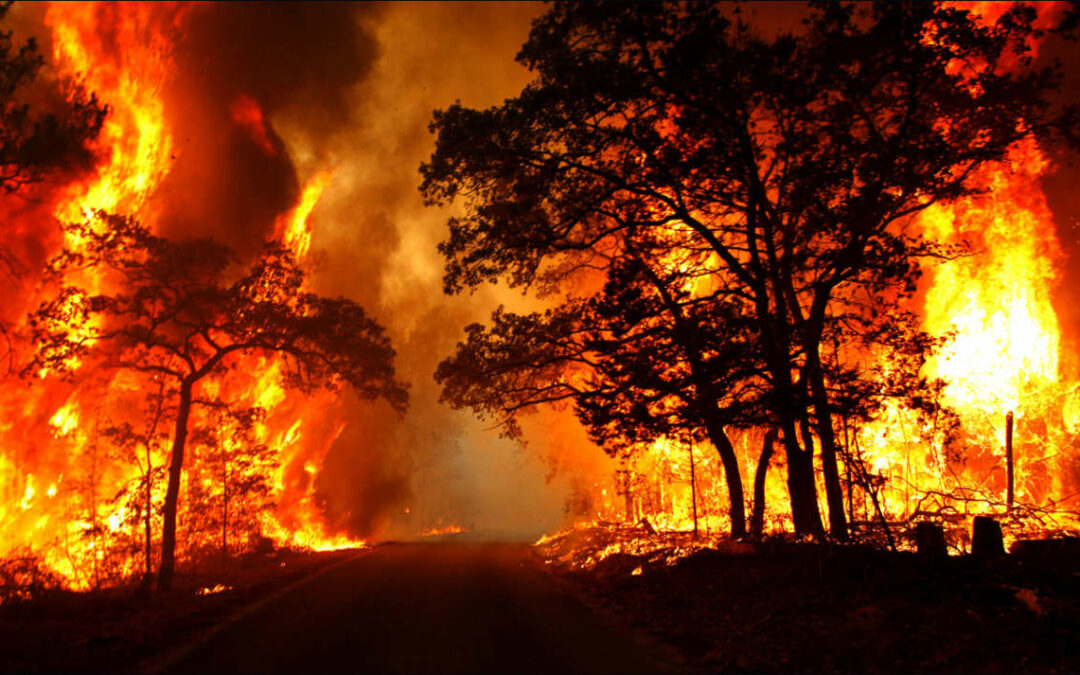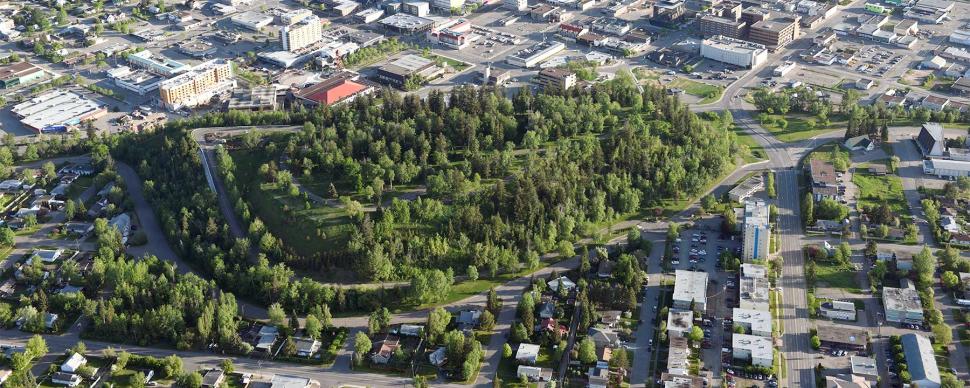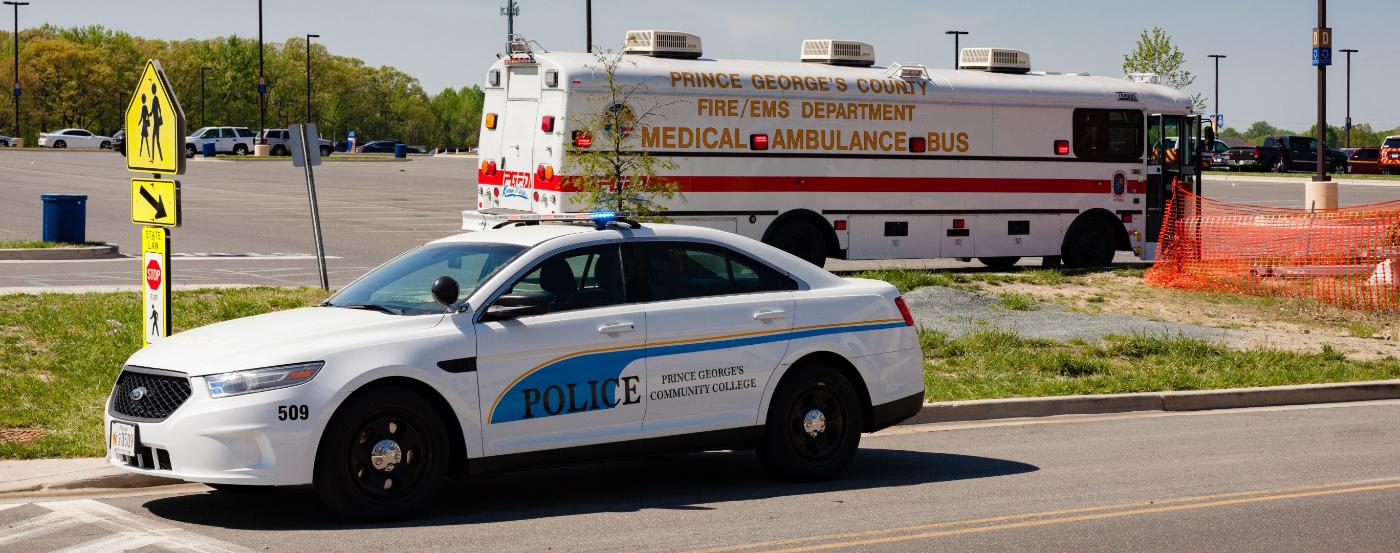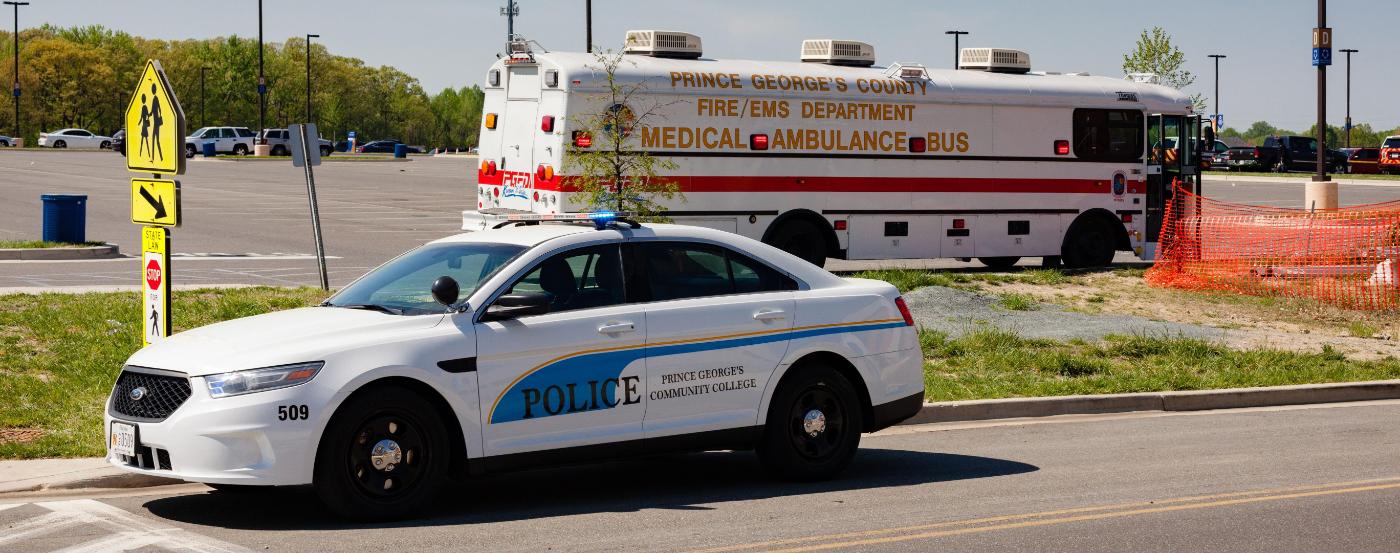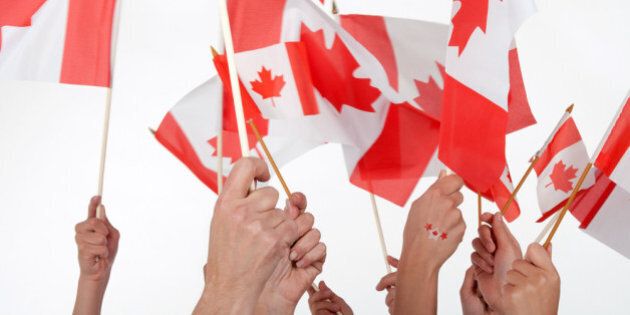A hamlet in British Columbia called Shuswap is angry that not enough is being done by the government to assist them amid wildfires. The temperatures of the fires can reach up to 1200°C, which is extremely hot. There are not enough firefighters to help the locals who are attempting to rescue their homes and businesses. Rather, the military and police are more concerned about looters. People are angry because, although they should be assisting, government organizations don’t. Rather it being a major emergency, the situation seems chaotic, more like a party. People are becoming more irate because this is one of the worst fires in BC history.
They believe they are being abandoned and treated unfairly. Although they’ve been instructed to stay inside and abide by the regulations, they don’t trust them because they seem detrimental and/or unnecessary. They think that rather than making things safer, government efforts are making them worse. While the government claims to be concentrating on public safety, some believe its true goal is to control citizens and increase their dependence on the state.
Canadians are ready to fight, especially in places like the Shuswap, where families have lived for generations. Many locals are more experienced than the help brought in from Mexico, but what’s most important is their determination to protect their homes and communities. So why isn’t their help being accepted? Angela Lagore, a long-time resident and co-owner of The Hub restaurant in Scotch Creek, wanted to use her restaurant to feed frontline workers. However, the RCMP stopped their supplies because they lacked permission, which put an end to her intentions. Locals carrying food trucks and necessities are being halted by military and police at the one-lane bridge close to Scotch Creek. They are being threatened with arrest if they attempt to cross the bridge.
In the meantime, thousands of people—many of whom are working without much food, sleep, or supplies—are toiling away in the Shuswap’s sweltering highlands and hills. To help the province better support and safeguard residents of the Shuswap, Premier David Eby implemented the Emergency Act (EA) on August 18. But their efforts haven’t yielded good results. Rather than feeling safe, it feels more controlled. While most locals lost their rights, Eby imposed harsh legislation that gave the government complete control over the Shuswap.
 Curiously, these stringent regulations haven’t affected anyone but Anglemont, which is located at the north end of the lake. It’s difficult to imagine that locals there are fighting the same fire as everyone else when you speak with them. They have access to the public marina, may purchase petrol, and are free to travel anywhere, something that other inhabitants are not.
Curiously, these stringent regulations haven’t affected anyone but Anglemont, which is located at the north end of the lake. It’s difficult to imagine that locals there are fighting the same fire as everyone else when you speak with them. They have access to the public marina, may purchase petrol, and are free to travel anywhere, something that other inhabitants are not.
People are content in Anglemont, whereas other villages struggle under tight regulations as a result of an emergency. Even though there is a fire nearby, Anglemont doesn’t appear to be affected by the commotion going on around them. Although people there support one another and the firefighters, it is unclear why they are not dealing with the same issues as everyone else.
In the meantime, things are difficult in Celista. In contrast to Anglemont, the locals believe they are receiving unjust treatment. They’re putting a lot of effort into fighting flames on their own since they’re not receiving enough assistance from firemen. They watch firefighters going by with water and not stopping to assist, which irritates them. They also feel let down by the government’s choices, such as fighting the fires with inexperienced personnel rather than knowledgeable locals.
Anger stems from a large fire that devastated residences in the neighborhood, starting without sufficient notice and resulting in extensive damage. Some believe that the government is more focused on advancing its agenda than on providing relief to the fire victims.
Despite everything, the community takes pleasure in its attempts to defend their houses and mount a defense. However, the public is tired of paying taxes for services that don’t seem to be performing as intended. It may take a lot longer for people to trust and forgive the government for what they perceive to be errors and incompetence, even though the land and trees will recover from the fires.

